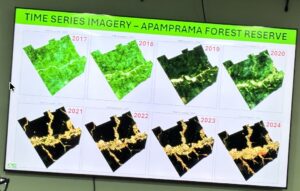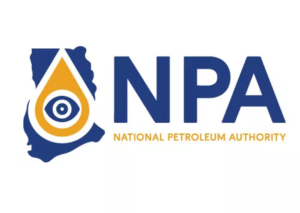
The Government of Ghana has taken a significant step towards improving the School Feeding initiative by collaborating with the World Bank to introduce a digitalized system. The primary goal of this partnership is to enhance the efficiency and transparency of the program while ensuring better accountability and targeted meal services for school children over two academic terms.
Starting from the next academic year, the School Feeding program will undergo a transformation. Caterers will now be required to demonstrate their capacity to prefinance the feeding of pupils for two academic terms before receiving payment. This move aims to ensure that only financially capable caterers participate, thus contributing to the smooth operation of the program.
To achieve a fair and competitive selection process for caterers, the recruitment will be open to all interested parties. Interested caterers will apply online and undergo a rigorous selection process, which will include interviews conducted at the District Level. Importantly, the selection process will be free from political influence, with a focus on merit-based evaluation.
The district panel responsible for the selection process may be chaired by Coordinating Directors of Assemblies, and observers appointed by the World Bank will ensure an unbiased evaluation process.
This collaboration will lead to the assignment of qualified caterers to schools, ultimately improving the quality and effectiveness of the meal services provided to the children.
In response to parliamentary inquiries, the supervisory minister, Lariba Zuweira, highlighted the absence of valid contracts between the current 10,832 caterers and the School Feeding Secretariat.
To address this issue, a new eight-step selection process will be implemented. This process will include competitive advertisements, application assessments, interviews, contracting, and approvals at various levels. By following this comprehensive procedure, the government aims to reduce partisan interference and strengthen the selection criteria for caterers, ensuring only the most capable are chosen to participate.
The collaboration with the World Bank brings hope for a more sustainable and impactful School Feeding Program in Ghana. The digital approach will streamline operations, leading to better program efficiency and transparency. This transformation is expected to revitalize the initiative and reinforce Ghana’s commitment to food security and reducing hunger, in alignment with the UN Millennium Development Goals and the Comprehensive Africa Agricultural Development Program (CAADP) Pillar 3.
Despite facing minor setbacks in the past, such as partisan interference, caterer strikes, funding issues, and food supplier shortages, the renewed partnership and revamped selection process hold promise for a more successful and effective School Feeding Program in Ghana. With the World Bank’s expertise and support, the government is poised to make a positive impact on the lives of school children and work towards the greater goal of food security for all.
However, some partisan caterers have raised concerns about the new development. The absence of valid contracts between the current 10,832 caterers and the School Feeding Secretariat prompted the government to plan a new eight-step selection process. This comprehensive procedure aims to reduce partisan interference and strengthen the selection criteria for caterers, ensuring only the most capable are chosen to participate.






